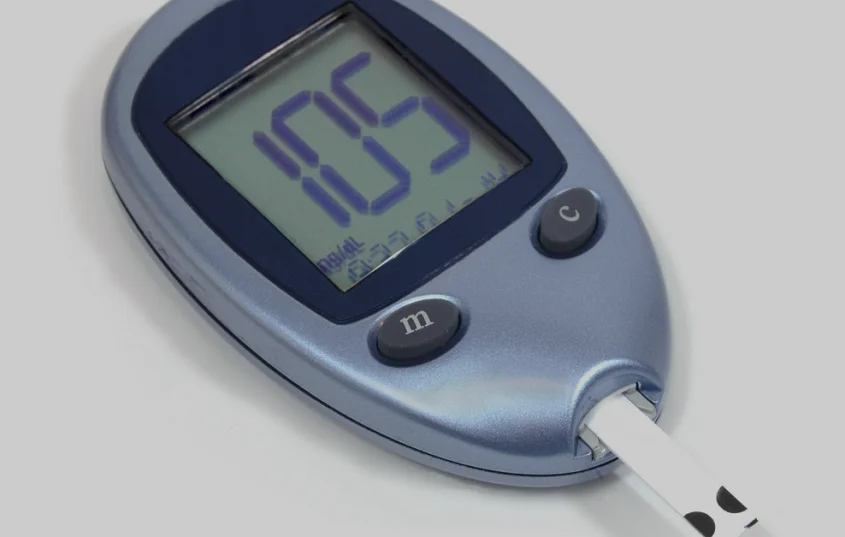Type 2 Diabetes ICD-10: Understanding the Classification System
- Updated on: Feb 29, 2024
- 3 min Read
- Published on Sep 11, 2023

What Are ICD-10 Codes?
ICD 10, also known as the International Classification of Diseases, 10th Revision, is a system for categorizing illnesses and medical disorders that is used all over the world. Healthcare practitioners utilize it as a standardized language to explain a wide range of illnesses and diagnoses. These alphanumeric codes are useful for patient care accuracy, health statistics, and medical billing.
The Significance of Type 2 Diabetes
Type 2 Diabetes is a chronic metabolic disorder characterized by elevated blood sugar levels resulting from insulin resistance or insufficient insulin production. It is a widespread health concern worldwide, and its management and treatment are heavily dependent on precise coding and documentation. Accurate coding of Type 2 Diabetes is essential for proper patient care, insurance claims, and epidemiological research.
Type 2 Diabetes ICD-10 Codes
Accurate coding ensures that healthcare providers can track the prevalence of this condition, assess its impact on patients, and allocate resources effectively. Here are some key Type 2 Diabetes ICD-10 codes:
E11.9 – Complication-free type 2 diabetes mellitus
This code is used when a patient has Type 2 Diabetes without any specific complications. It’s the go-to code when the patient’s condition doesn’t exhibit any significant issues related to diabetes.
E11.65 – Hyperglycemia with Type 2 Diabetes
When a patient’s blood sugar levels are consistently higher than the normal range, this code comes into play. It indicates that the individual has Type 2 Diabetes with elevated blood glucose levels.
E11.21 – Diabetes Mellitus Type 2 Combined With Diabetic Nephropathy
Diabetic nephropathy is a common complication of Type 2 Diabetes that affects the kidneys. This code specifies that the patient has Type 2 Diabetes along with kidney-related issues.
E11.42 – Diabetes Mellitus Type 2 Associated With Diabetic Polyneuropathy
Type 2 Diabetes can lead to nerve damage, a condition known as diabetic polyneuropathy. This code is used to document the presence of such neuropathic complications.
E11.8 – Diabetes Mellitus Type 2 With Additional Specified Complications
In cases where patients exhibit complications related to Type 2 Diabetes that don’t fit into the above categories, this code offers a way to document these unique situations.
ICD-10 Coding Process
Diagnosis and Documentation
The ICD-10 coding process begins with the diagnosis and documentation of the patient’s condition. This includes thorough medical examinations, tests, and consultations.
Code Selection
Once the diagnosis is complete, the appropriate ICD-10 codes are selected. These codes must accurately represent the patient’s condition and any associated factors.
Regular Updates
ICD-10 is regularly updated to reflect advances in medical knowledge and changes in disease classifications. To guarantee correct coding, healthcare practitioners must remain up to date on these changes. Why Accurate Coding Matters
The proper coding of Type 2 Diabetes has a significant influence on patient treatment and healthcare systems as a whole. It is not merely an issue of compliance. Here are some compelling reasons why accurate coding matters:
- Optimal Patient Care: Accurate coding ensures that healthcare providers have a clear understanding of a patient’s condition. This, in turn, leads to more precise treatment plans and better patient outcomes.
- Resource Allocation: Healthcare facilities rely on coding data to allocate resources effectively. Accurate coding allows hospitals and clinics to allocate staff, equipment, and funding where they are most needed.
- Research and Epidemiology: Epidemiologists and researchers depend on accurate coding to study the prevalence and trends of diseases like Type 2 Diabetes. This data is crucial for developing effective public health policies.
- Insurance Claims: Correct coding ensures that insurance claims are processed smoothly. This reduces billing disputes and delays in payments, benefiting both patients and healthcare providers.
Conclusion
In conclusion, knowledge of Type 2 Diabetes ICD 10 codes is essential for medical coders, healthcare providers, and anybody involved in healthcare documentation. These codes provide the basis of precise medical records, guaranteeing the best possible patient care, resource allocation, and useful information for research.












